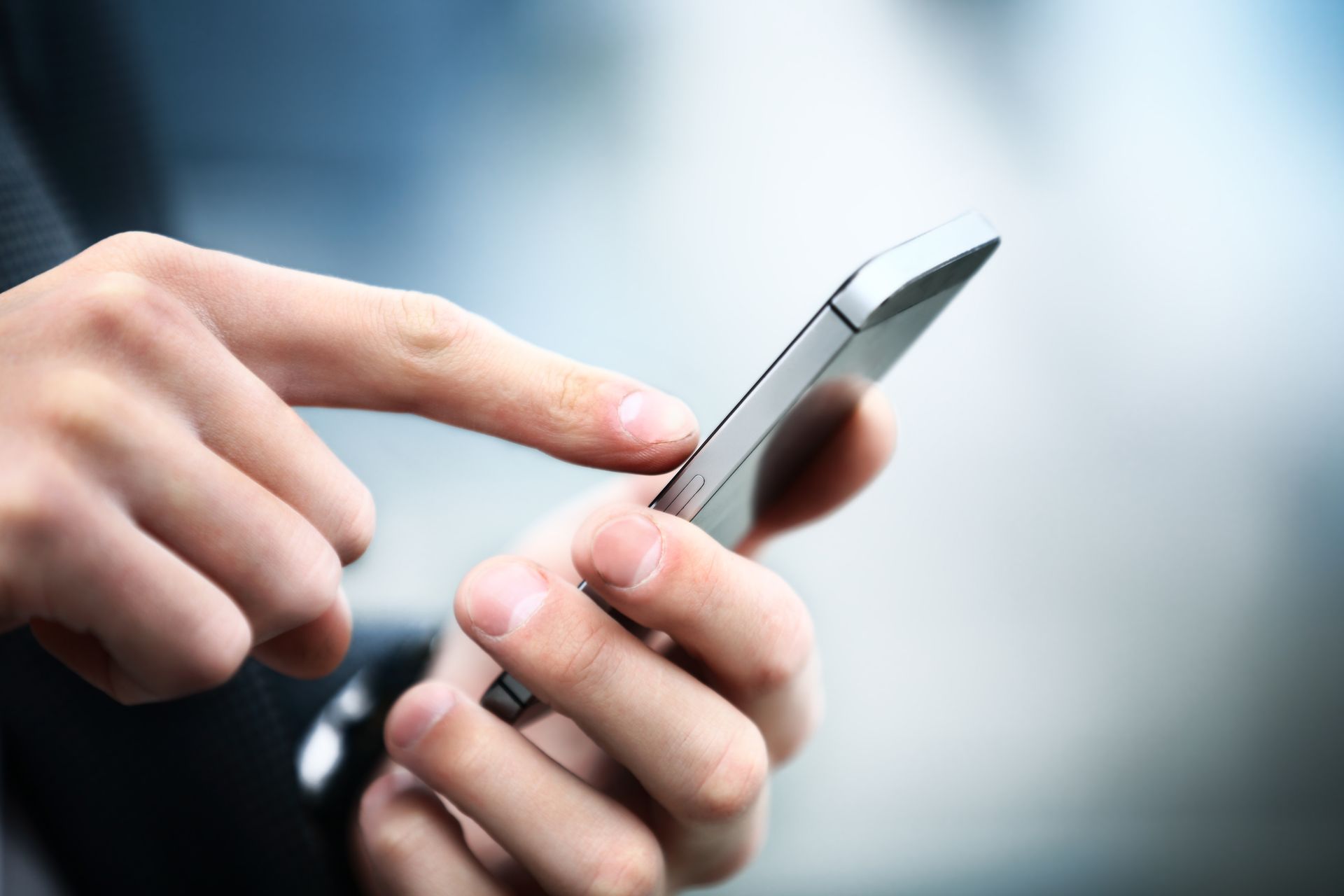Helping Folks in Savannah for Over 40 Years
Call to Speak With an Attorney | (912) 236-6161
Your Guide To Social Media and Personal Injury
- By Jones, Boykin & Associates, P.C.
- •
- 17 May, 2023

Social media is a fun way to interact with people from around the world and share your life with others. However, it can also be used against you during a personal injury claim to reduce or eliminate your settlement. Below is our comprehensive guide to using social media after a personal injury.
What Should You Do With Your Social Media Accounts?
Ideally, you should stop posting on your social media accounts during the personal injury case. Some people also fully delete their accounts, so no one can read old posts or tag them in new posts. If you decide to keep your account and continue to post, make sure you don't post about:
- The accident
- Your injuries
- Your activities during the personal injury case
- Your feelings regarding the case
- The other person involved
You can also take a few steps to make your account more private. Most social media accounts have a "private" setting, which makes all your posts hidden from anyone who doesn't follow you. On Facebook, you can even choose to post things that only you will see. Anything posted "public" can be seen by anyone. You can see what the public sees on your account by using the "view as" feature.
Instagram also allows you to choose who can view your stories, so you can either allow anyone to view them or only your followers. Some accounts let you post to multiple social media platforms at once, so make sure you aren't accidentally re-posting a hidden message on another account.
To help ensure no one can use what you post against you, review everything you do and say on social media before you post or send it.
Do You Have Tagged Posts and Photos?
The biggest problem with keeping your account active is that you may still get tagged in photos or posts. For example, your friend may post about the amazing party you both attended and tag you directly in the post, which could be used against you in your case.
Luckily, there are some steps you can take. First, if someone keeps tagging you, and you've asked them not to, you can block them. However, on some social media sites, like Facebook, you can prevent anyone from tagging you.
Similarly, you can allow people to tag you but limit who can see the tagged posts/photos or choose to review tagged posts. Likewise, Twitter allows you to remove tagging or only allow people you follow to tag you. Ultimately, if you keep your social media account during the case, you can request everyone you mutually follow to avoid tagging you or talking to you about the accident on social media.
How Can Posts Impact Your Settlement?
Posts can impact your settlement severely, and even if you think your account is private, you may be wrong. Your own friend and followers may give away information, and investigators in the case can even start following you or find a way to view your posts. Plus, you can't use the argument that the information was "private."
Social media posts can ruin your settlement in two main ways. First, you could accidentally post information that makes you look guilty or partially responsible for the accident. If you are partially responsible, your settlement is reduced.
Second, and more importantly, any post you make may be used to argue against your injuries. For example, a photo of you skiing can easily be used to show you aren't as injured as you claim. Even a photo of you spending time with your friends may be used to argue you're lying about the pain and suffering you claim to have endured.
Social media is a great tool, but it can become a double-edged blade during a personal injury case. Ideally, stop posting, and you may even want to close your account during the case. If you would like assistance with your case, contact us at Jones, Boykin & Associates, P.C., today. We will fight for you and your rights.
CONTACT INFORMATION
Email: jbsalaw@comcast.net
Address: 213 E 38th St., Savannah, GA 31401
Hours of Operation:
| Mon-Fri | 9:00 AM - 5:00 PM |
| Sat-Sun | Closed |
| Call for an Appointment! | |
OUR LOCATION
BROWSE OUR WEBSITE
CONTACT INFORMATION
Email: jbsalaw@comcast.net
Address: 213 E 38th St., Savannah, GA 31401
Hours of Operation:
| Mon-Fri | 9:00 AM - 5:00 PM |
| Sat-Sun | Closed |
| Call for an Appointment! | |